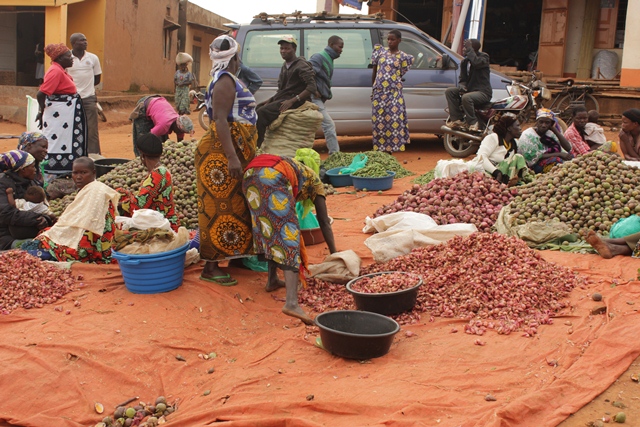
SACCOs can promote devt of the rural poor
Building a more inclusive and equitable economic order helps in shaping a financial system that is responsive to the needs and aspirations of the people. Every country should strive to have such a financial system. But this requires political will as well as good leadership at all levels.
An inclusive economic order involves creating room for more people to participate in the mainstream economy and to partake the opportunities of an expanded market economy.
I am glad the Government has shown commitment towards ensuring inclusive and equitable growth by setting up the Rural Finances Service Programme.
According to the World Council of Credit Unions, 43,000 credit unions provide financial services to over 136 million members in 91 countries. Many well-managed Savings and Credit Cooperative Societies (SACCOs) have empowered many people, especially the rural poor women, whose roles and responsibilities are critical to the sustenance of households and the future generation.
When these people join SACCOs, they access credit which helps them participate in the economic order.
The majority of the members of the Uganda Cooperative Savings and Credit Union (UCSCU) are people who are traditionally excluded from the formal financial sector. They are engaged in diverse economic activities such as farming and teaching, while others are self-employed.
To maximise the contribution of the private sector to poverty reduction, Uganda has opted to use SACCOs, which trace their origin to informal savings created by people for centuries to help each other during difficult times.
The Government’s efforts to promote prosperity for all, through SACCOs, will undoubtedly promote development in Uganda. A recent survey by UCSCU shows that over 650,000 Ugandans depend on SACCOs for services which banks or other institutions cannot provide.
SACCOs teach their members democratic practices such as volunteering for the good of the community. Many rural people often ensure sustainability of natural resources such as biodiversity conservation and ecosystem management, which have increasingly attracted the attention of commercial interests.
The principles of self-help hold the key to economic and socio-cultural freedom for the rural poor, opening up the gates of a previously untapped reservoir of human enterprise.
Uganda’s experience so far gives us ample evidence that when the rural people form credit and savings cooperatives and effectively utilise them, they can make significant contributions to the social and economic development of their communities.
Cooperatives can pave the way to a more inclusive economic order and Ugandans need to effectively graduate them from an experiment to a widely-accepted standard of rural development financing.
The Government should, therefore, ensure the removal of institutional and policy obstacles that prevent SACCOs from seizing opportunities to improve the livelihoods of their members in ways that they, themselves, can sustain and expand.
